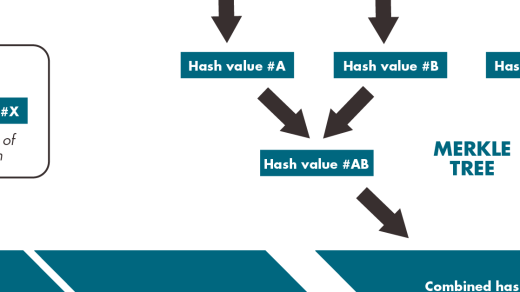Exploring the vast realm of IT career options opens up a world of endless possibilities, where technology enthusiasts can find their niche and thrive. In this article, we venture into the exciting realm of IT careers, shedding light on the diverse paths one can pursue in this ever-evolving field.
Entry-level IT positions

By learning Linux, you can open doors to various job roles, such as system administrator, network administrator, or even a web developer. These positions require knowledge of Linux and its command line interface, as well as familiarity with web servers, databases, and programming languages like PHP, JavaScript, and CSS.
Linux training will not only provide you with the technical skills needed for these entry-level positions but also instill a troubleshooting mindset and procedural knowledge necessary to excel in the IT industry. It is recommended to pursue professional certifications, such as those offered by vendors like CompTIA, to validate your skills and increase your chances of employment.
Additionally, consider enrolling in online courses or obtaining an associate degree or diploma in IT-related fields from accredited institutions like Rasmussen University, which is recognized by the Higher Learning Commission and the United States Department of Education. These educational programs will equip you with a solid foundation in information technology and give you a competitive edge in the job market.
Remember, the IT industry is constantly evolving, so it’s essential to engage in lifelong learning and stay updated with the latest technologies and industry trends. Whether you choose to pursue a career as a systems engineer, IT technician, or help desk support, continuous learning will be crucial for your success.
IT career paths and specialties
| Career Path | Specialty |
|---|---|
| Software Development | Front-end Development |
| Back-end Development | |
| Full-stack Development | |
| Network Administration | Network Security |
| Network Infrastructure | |
| Data Analysis | Business Intelligence |
| Data Visualization | |
| Database Administration | Database Design |
| Database Management | |
| IT Project Management | Agile Project Management |
| IT Service Management |
Education and certifications in the IT field
Education and certifications are crucial for a successful career in the IT field. In order to advance your skills and increase your job prospects, consider taking Linux training. Linux is a popular operating system used by many businesses and organizations, and having expertise in this area can open up a range of opportunities.
There are several options available for Linux training. You can choose to take courses online through platforms like Coursera or through reputable universities like Rasmussen University. These courses often cover topics such as system administration, troubleshooting, and network administration.
Another option is to pursue professional certifications in Linux. Certifications validate your skills and knowledge in a specific area, making you a more attractive candidate to potential employers. Some well-known certifications in the IT field include CompTIA Linux+, Red Hat Certified Engineer (RHCE), and LPIC-1: Linux Administrator.
In addition to Linux training, it’s also important to gain experience in other areas of IT. Familiarize yourself with programming languages like Python, JavaScript, and Ruby, as well as web development technologies such as HTML, CSS, and PHP. Understanding both frontend and backend development will make you a well-rounded IT professional.
Keep in mind that education and certifications are just one piece of the puzzle. Hands-on experience is also crucial. Look for opportunities to gain practical experience, whether through internships, volunteering, or working on personal projects. This will help you build a portfolio of work and demonstrate your skills to potential employers.
Remember, the IT field is constantly evolving, so it’s important to keep up with the latest trends and technologies. Stay curious and continue to learn throughout your career. Lifelong learning is essential in this fast-paced industry.
By investing in education, certifications, and gaining practical experience, you can position yourself for a successful career in the IT field. Whether you aspire to be a system administrator, network administrator, or software engineer, the right training and credentials can help you achieve your goals.
The future of IT jobs
Linux is an open-source operating system that powers many servers and websites on the World Wide Web. By gaining proficiency in Linux, you can open up numerous opportunities in the IT industry.
Linux training can equip you with the skills needed to become a systems architect, where you’ll design and build complex IT systems for companies. Additionally, with Linux knowledge, you can excel in web development, working on both the frontend and backend of websites.
Obtaining professional certifications in Linux can greatly enhance your employability and make you a valuable asset to any company. You can pursue these certifications through reputable organizations like the Higher Learning Commission or even online platforms like Coursera.
With Linux training, you can also specialize in information security, ensuring that a company’s data and systems are protected from cyber threats. This is a crucial aspect of IT, and the demand for information security professionals is only growing.
In addition to IT career options, Linux training also provides a solid foundation for other areas of IT, such as computer hardware and repair. With Linux knowledge, you’ll have the skills to troubleshoot and maintain desktop computers and servers.



